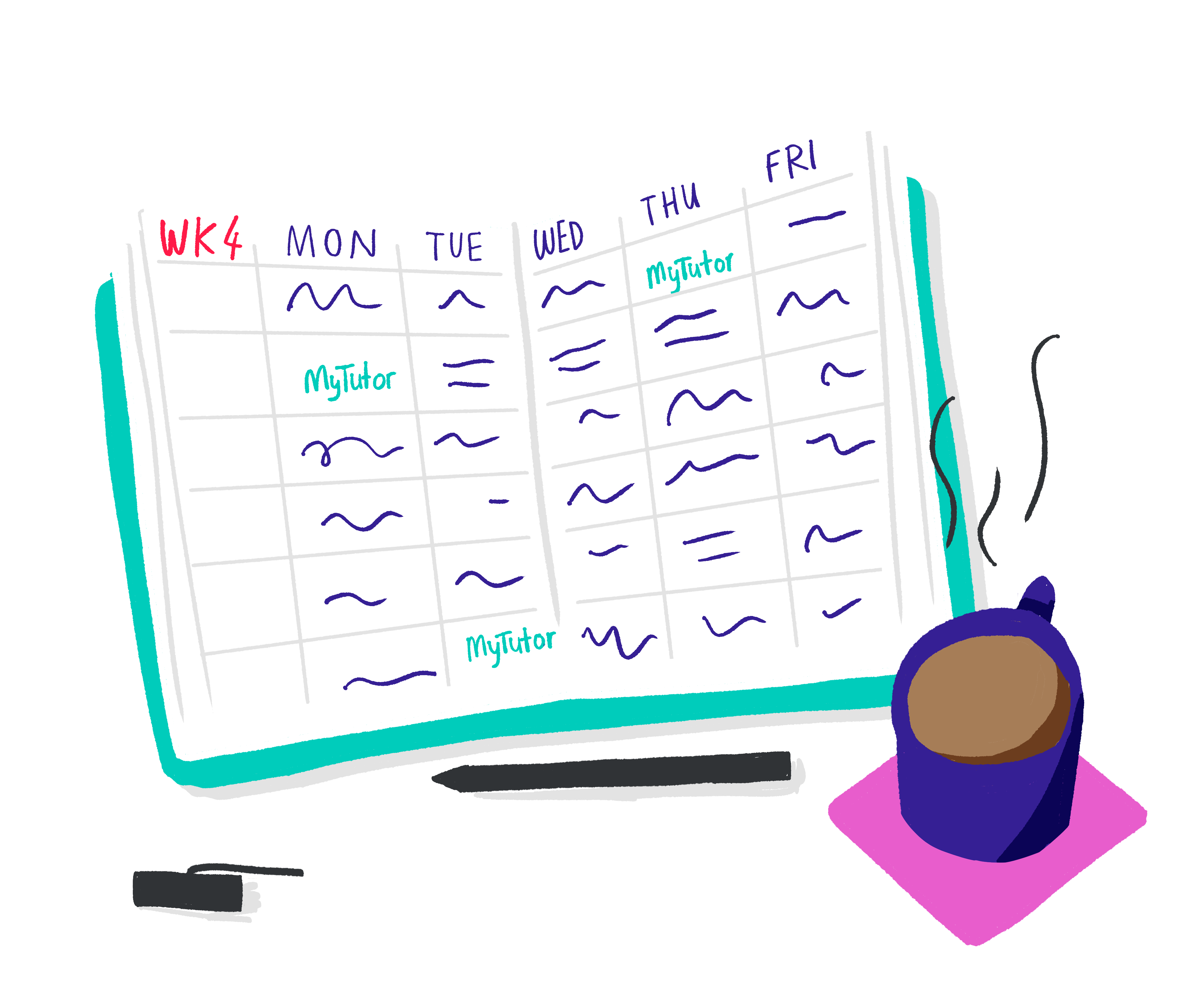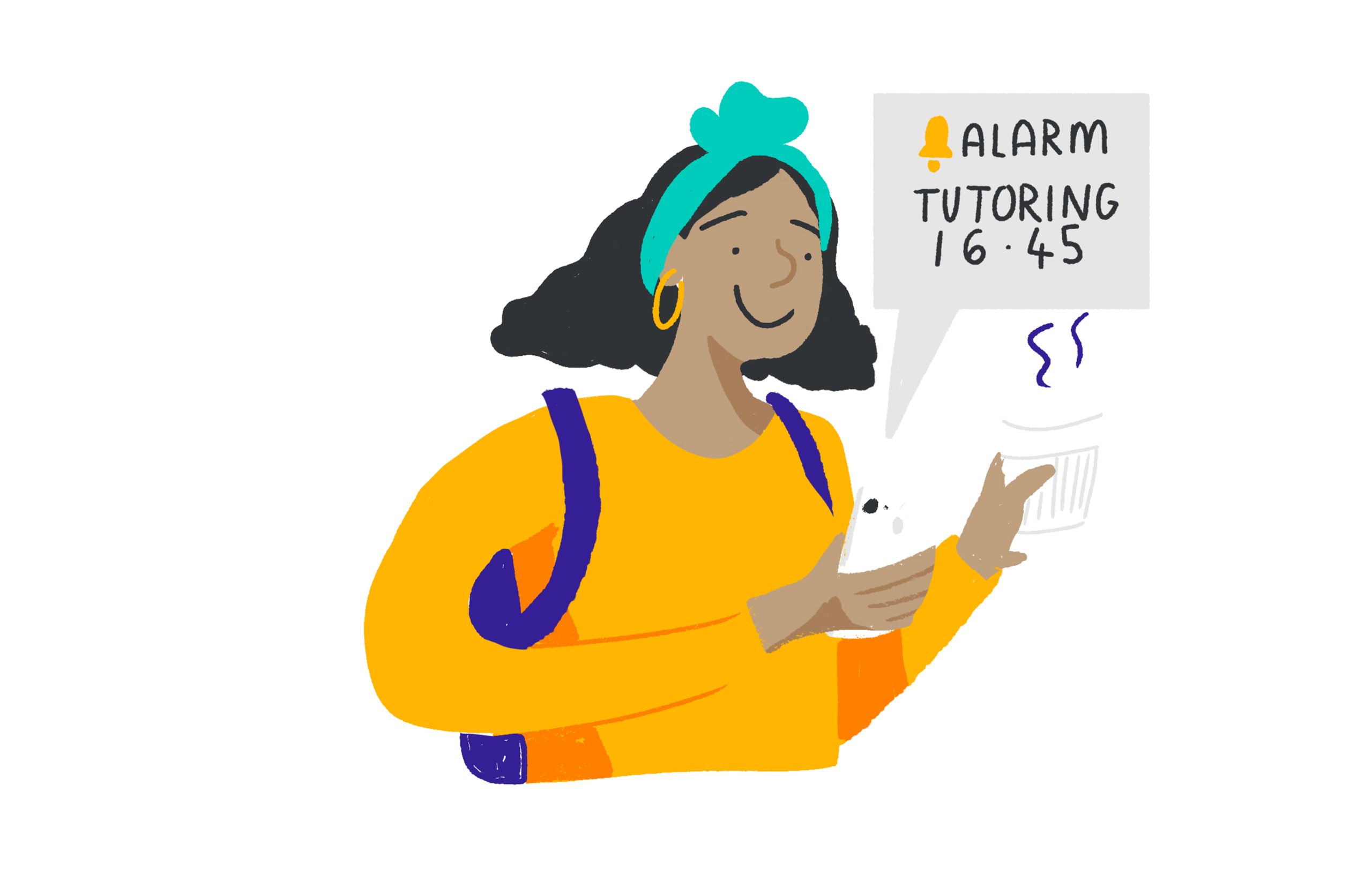

Becoming a tutor can feel completely overwhelming and it can be difficult to know where to start. Do you focus on getting yourself off the ground? Focus on improving your subject knowledge? Get all of your admin sorted? There is so much you could be doing as a tutor both inside and outside of the virtual classroom. So, where do you start?
Get on top of your admin
Set yourself up a tutoring email address. I didn’t and I regret it! On average I receive around 30 emails a day and 50% of those emails are related to tutoring. By making an email specifically for your tutoring, you are helping to achieve work-life balance. Make your new email simplistic, your name followed by tutor or something similar, so its purpose is very clear. Use this for all business enquiries that you have, as well as any educational site logins and subscriptions.
Joining tutoring sites
Getting clients independently without using a website designated to tutoring on a large scale is incredibly difficult. By joining up with MyTutor you get immediate access to a huge client base. MyTutor also offers you the chance to work with schools as well as independent clients to broaden your experience. Whilst you are in the process of getting set up, think about who you want to be as a tutor. For example, choosing to: focus on one subject; familiarising yourself with popular exam boards; exploring the differences of levels e.g. Key Stage 3 vs. GCSE.
You will also be asked to fill in a mini bio. Here you need to outline your love of learning and education, but you also need to market yourself in a way which makes you appealing to customers. For this try to follow the three Es: Education, Experience and Expertise.
Education – what is your background in education, is there a specific topic you enjoy, or do you have a specialism?
Experience – what experience do you have working within education? Lots of universities have programmes where students can volunteer to go into schools, if you haven’t already, try to get involved.
Expertise – This could be a specific area you are very confident in; an exam board you know inside out; or experiencing working with SEND children.

Contact your school
If you have little to no experience, get in contact with your schools to see if they’ll accept you for some work experience. Alternatively, you could ask your school to support your tutoring career by displaying an advertisement or keeping some business cards to promote your business.
Reach out to family and friends
These are the people that want you to succeed. Word of mouth can go a long way and it’s completely free – ask them to promote your tutoring expertise. If you have any family members or friends who are still in education, go teach them! A lot of tutors start out doing some informal free tutoring for family or friends and it’s a great way to build up experience quickly. If you don’t want to tutor them on a regular basis, that’s fine as well. Have a go at planning some lesson resources and do some trial runs with them instead. More often than not you can always find someone who’ll be happy to do this with you.
Build up your experience
Once you’ve got some lessons under your belt and you feel confident as a tutor, take some time to reflect. Consider the resources and lessons that did and didn’t work. Becoming a tutor is about experimenting; if you come across a bump in the road, take some time to tackle the problem head on.
There are also loads of resources out there that are completely free. I often go to Teacher TikTok and Teacher Twitter for inspiration. As you continue your journey, you will find that teaching is all about ‘magpieing’. As an independent tutor it is easy to get stuck in a rut and feel like you are recycling ideas and materials. These places are designed to help you develop as a tutor.
If you’re looking to enhance your subject knowledge, FutureLearn is a fantastic website which hosts lots of free coursing produced by UK universities. I’ve recently taken courses on Wordsworth and Shakespeare which has had transferrable knowledge to my lessons and makes me feel more confident when teaching. Kids love it when you have a really obscure interesting fact that you wouldn’t know just by picking up Macbeth!
Get on social media
Using social media is not only useful for getting ideas but it can also get you customers. If you want to expand, you should think about setting up at least a Facebook page; this tends to be the platform that you are more likely to get customers from. If you were looking to be creative and share your own ideas, Twitter, Instagram and TikTok have some wonderful communities you can get involved in.


And there we have it – hopefully now you know how to market yourself as a tutor. Good luck!



